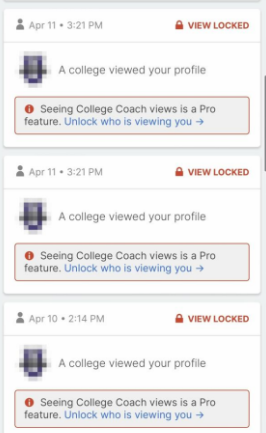By Claire Hunt
As a high school student, one wakes up at 6:00 in the morning, goes to school for three hours, then spends Enrichment either working on homework or participating in a club, and is then educated for three more hours until allowed to go home.
Except most students don’t “go home,” and instead participate in sports, volunteer work, and have jobs. With the combined expectations of students to take higher level classes, maintain a high GPA, and be able to fill college applications with extracurriculars, the Harbinger staff has found the amount of homework assigned to be overwhelming.
Most students seem to relate to this, especially when piled on top of so many other commitments, and, unfortunately, most students seem to succumb to the pressure. The Harbinger feels that this immense homework load is the leading cause of cheating in our school.
In a survey, the majority of Hereford students admitted to cheating and, in every grade, cheating on homework was the most common form.
Our survey results also show that students in their junior year, a year infamous for AP classes and exhaustion, tend to spend the most time on homework with 21% of students spending four or more hours per night on homework.
This, of course, begs the question: When does “a lot” of homework turn into “too much” homework?
With this, the Harbinger would like to quote Bill Nye as we ask teachers to, please, “Consider the Following…”
1. How much time will you spend grading this homework assignment? It seems as though many teachers assign homework that takes a student a couple of hours to complete but that takes a teacher only a few seconds to grade. This leaves a student to assume that this work is “busy work” and has no legitimate value or purpose and can therefore be put on the backburner.
2. Will this actually benefit the students doing this homework? Is this busy work? Unless the student will be able to use this as an incredibly helpful study material, there is no excuse for giving a student an assignment just to add extra grades to the grade book. A student takes at least three other classes each semester and has very little time to waste on grade padding.
3. When will you take the time to grade this assignment? Will you actually grade assignments after school, or after coaching? Because these students will be taking the time after practice, school, or work to complete your assignment and if you don’t have time to grade it after work, they will have just as little time to do it. So if it’s an assignment that forces you to put it off until the weekend or your planning period or designate it to a student aid, it will take us just as long to complete it. (And yes, we have families we would like to spend time with, too.)
4. An AP class is a college level class designed for high school students. We are not actually in college. College students spend about 15 hours a week in class, only half the amount of time a high school student will spend.
So teachers, when planning your lessons and deciding what to type under the “Homework” section of your PowerPoint Presentation, the Harbinger asks you to please consider the strain and stress this may put on a student.



